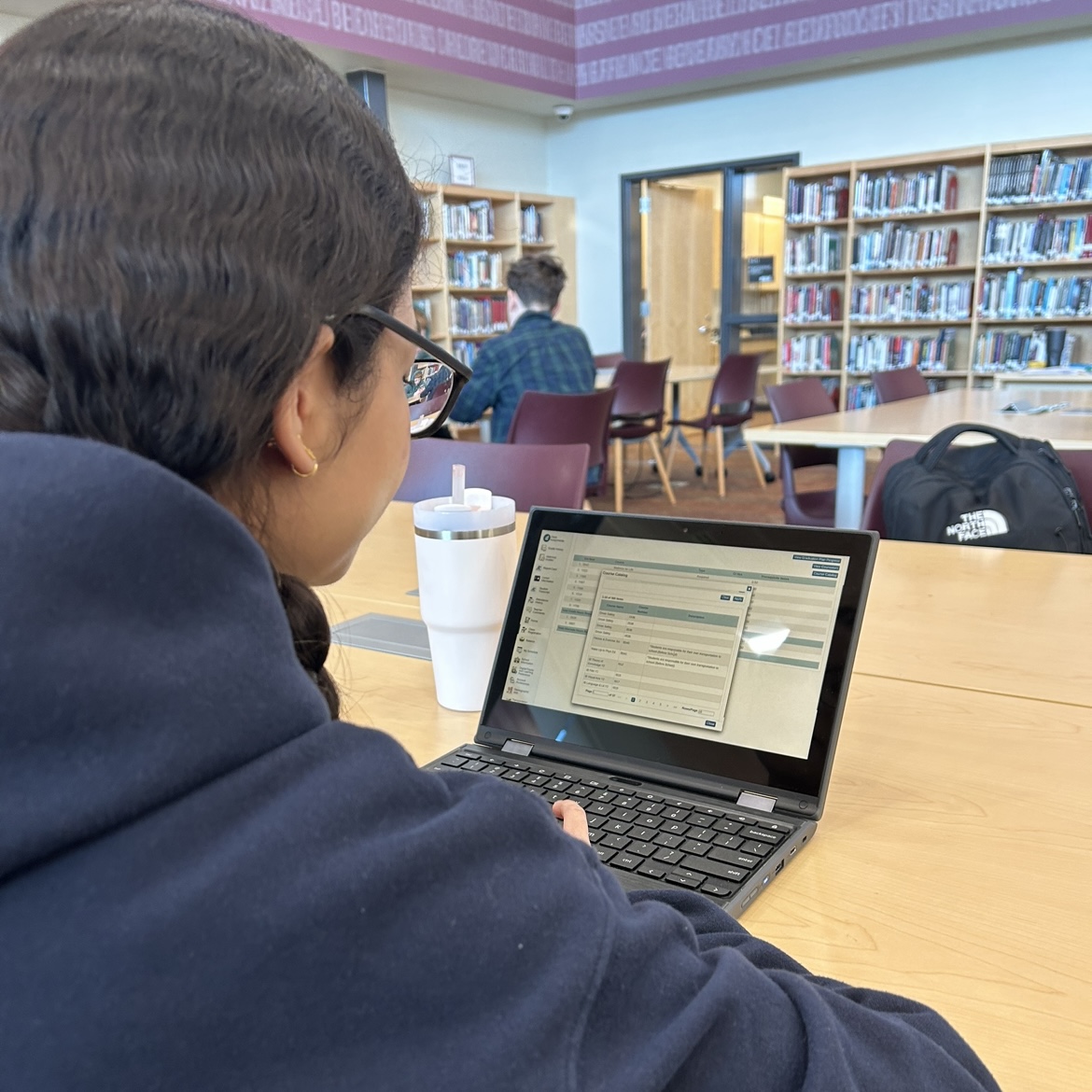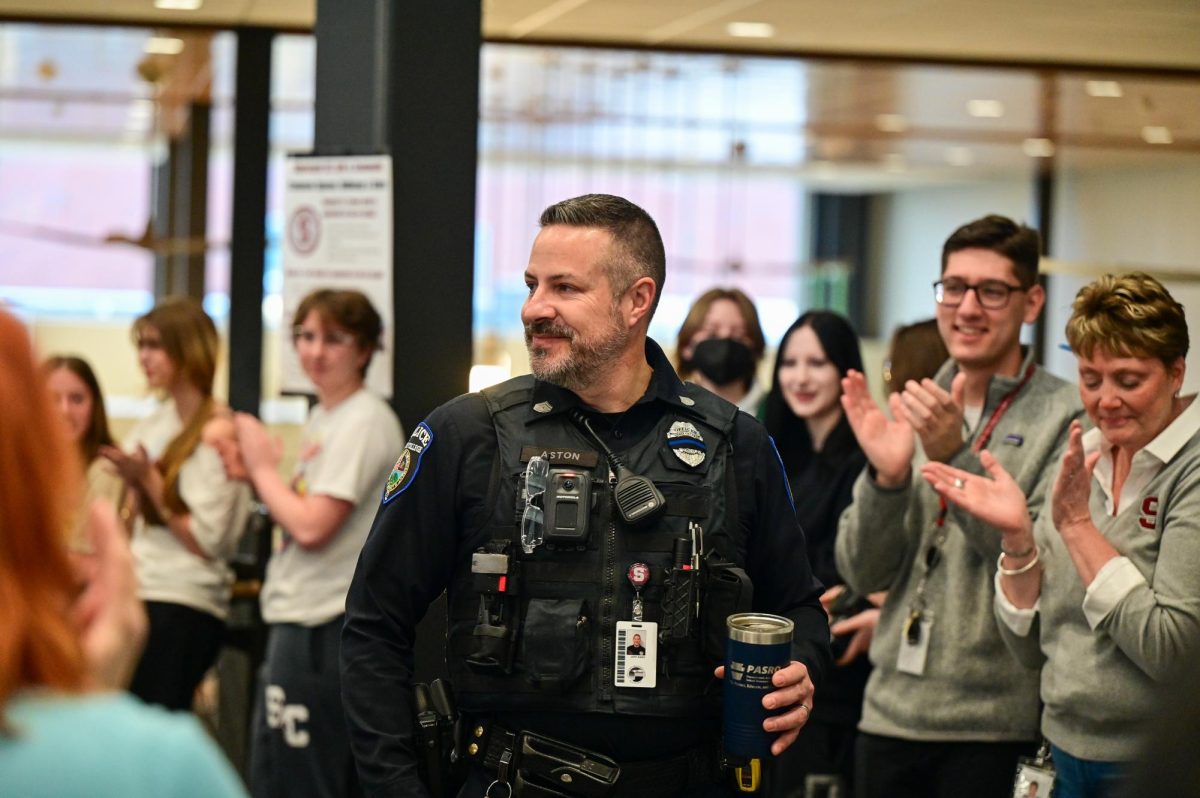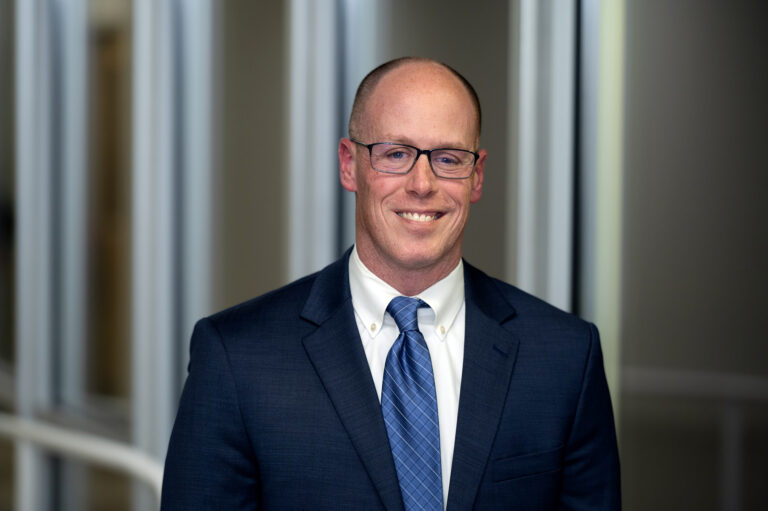On Sept. 18, 2023, the SCASD adopted seven new policies involving homebound instruction, the enrollment of students, surveys, educational stability for students in foster care, disciplinary measures, drones, and fraud. In addition to these new policies, the policy regarding bullying and cyberbullying was revised.
117 Homebound Instruction
SCASD provides homebound instruction to students who have a physical disability, physical or mental illness, or injury and are confined to the home or hospital for more than 10 days. The time of homebound instruction wouldn’t last more than three months.
An application for homebound instruction must be recommended by the Superintendent, must clarify the type of illness or disability, and must state the probable duration of the instruction. The Superintendent is responsible for safeguarding the student’s privacy. They may request approval from the Department of Education for an extension of the student’s homebound instruction, every three months as needed.
There are exceptions for providing homebound instruction, such as having no parent or guardian present during the time of homebound instruction, the instructor’s presence in the student’s location creates a hazard, or if the student simply cannot benefit from such instruction.
200 Enrollment in District
On the SCASD Board of Directors’ website, all that is listed in this section of the policy manual are 15 links to relevant Pennsylvania state acts and codes and school board policies. There is no clear explanation for their inclusion.
235.1 Surveys
All surveys used to collect students’ information must correspond with the SCASD’s educational objectives. Parents must be notified if a survey concerns protected information, such as political and religious affiliations or beliefs, mental or psychological problems of the student or their family, sex behavior or attitudes, illegal, anti-social, self-incriminating or demeaning behavior, critical appraisals of close family members, legally recognized privileged relationships, and income
If a survey contains any of these, the Board would need to approve it. In addition, parents of those taking the survey must provide written consent. SCASD isn’t allowed to disclose any information obtained from surveys to anyone outside of the District.
For example, surveys cannot ask students about their preferred pronouns without parental consent. Allison Becker, English teacher and vice president of the teachers’ union, voiced concern regarding this change.
“I think about their gender identity and the questions about preferred pronouns. A student cannot go into StudentVue and set those preferences. Only a parent can go in and set those preferences. So I don’t know if there are students who don’t want to tell their parents ‘these are my preferences’,” Becker said.
249 Bullying/Cyberbullying
SCASD defines bullying as intentional electronic, written, verbal or physical acts towards another student that are severe, persistent or pervasive and has the effect of causing a threatening environment, substantially interfering with their education, and/or disrupting the school’s orderly operation. These acts can happen either inside or outside the school setting. This policy classifies cyberbullying as normal bullying.
If a student is experiencing any form of bullying, SCASD encourages the student or their parent/guardian to report such activity to their building principal. Such complaints can be written in Safe2Say or in email to a school counselor.
Any instances of bullying, once reported, will be investigated promptly, with appropriate and preventive correctional actions taken if the allegations are validated. Such action will be taken with the reassurance and safety of both parties in mind.
255 Educational Stability for Children in Foster Care
SCASD now requires collaboration with child and youth centers and other school districts to guarantee the educational stability of children in foster care. This includes providing student transportation to and from school, being notified when a student enters foster care, and receiving their previous records if there is a court order.
State High counselor Shawn Barbow, who works with foster students, said via email that he supports this new policy.
“I applaud the efforts of our board to explicitly address the needs of students in foster care. Because students in the foster care system often have a lot of upheaval, this policy is an attempt to help navigate and overcome those barriers,” Barbow said.
317 Disciplinary Measures
SCASD employees must behave in an appropriate and orderly fashion. They must always have professional relationships with students. They must be informed of and comply with federal laws and regulations, Board policies, administrative regulations, rules and procedures, collective bargaining agreements, and position-specific handbooks. They must tell the District if they have been arrested or convicted of a crime.
In an email, Shai McGowan, the head of the teacher’s union spoke on the new measures.
“I don’t see this policy having any added effects on faculty. I can’t speak for the staff. However, I wouldn’t imagine it affects them either. The faculty and staff have high expectations for their students and will hold themselves to high expectations. It is what we already do on a day-to-day basis,” McGowan said.
815.9 Drones
SCASD defines a Small Unmanned Aircraft (Small UAS) as “an aircraft operated without the possibility of direct human intervention from within or on the aircraft, weighing less than 55 pounds on takeoff.” It recognizes that students must be educated about Small UAS due to their role in various industries. But, Small UAS can only be used in a safe location, according to the District’s policy provisions and all applicable laws and regulations. They must also hold educational value to the users.
The District employee supervising students’ use of Small UAS is responsible for adhering to all laws and regulations and must hold a Remote Pilot Certificate from the FAA. Students must have sufficient understanding of Small UAS to operate them. Employees can use Small UAS for noneducational purposes (for example, monitoring students’ safety and security). But, unauthorized personal use of Small UAS on District property is prohibited.
828 Fraud
SCASD expects everybody in any relation to the District to act in accordance with the law regarding their duties. The Superintendent is responsible for maintaining a system of internal controls that can detect any potential risks, such as fraud or financial dishonesty. District administrators must also remain alert for such issues in their areas of responsibility.
Fraud is defined as forgery; misappropriation of assets; impropriety in handling money or reporting financial transactions; profiteering from insider information; disclosure of confidential information; acceptance or seeking of anything material value from people providing services to the district; destruction, removal, or inappropriate use of district property; failure to provide financial records to state or local entities; failure to cooperate with auditors, investigators, or law enforcement; and other dishonest acts involving district resources.
If there are any questions about these policies, visit the offical school board site or contact the Board of School Directors at 814-231-1016 or all-board@scasd.org.









